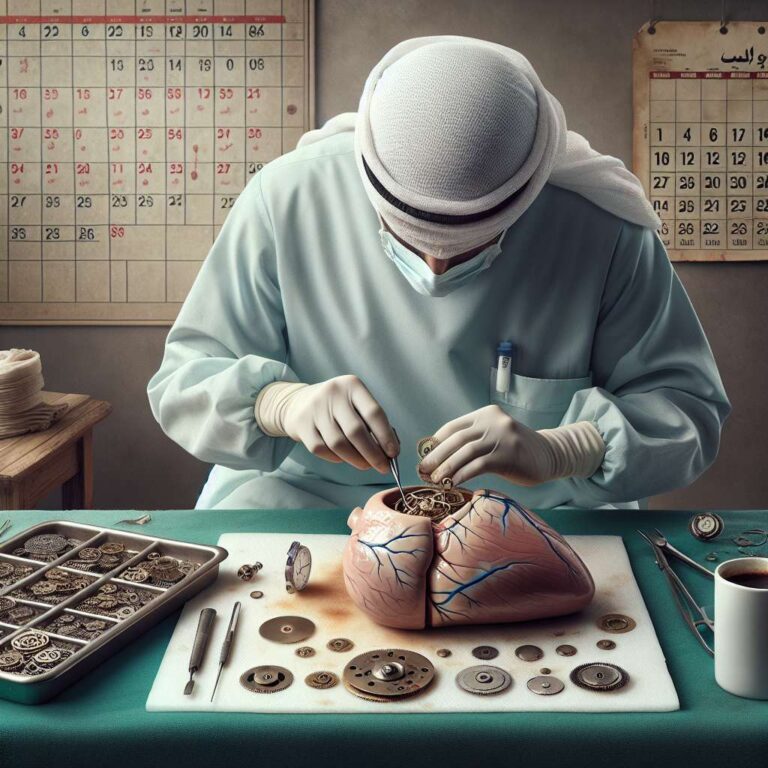I attended a conference on aging in Manchester where scientists presented incremental, molecular studies of aging. That careful work contrasted with remarks reportedly exchanged between China’s Xi Jinping and Russia’s Vladimir Putin, both 72, in which Xi described people at 70 as still young and Putin suggested that continuous organ transplantation could let people live younger and even achieve immortality. The article frames that claim as a simplistic view of aging and sets out to examine whether repeated organ replacement could plausibly extend human life dramatically.
Aging remains poorly defined and poorly understood, and researchers do not agree on its causes. Organ transplantation has been a medical tool since the 1950s and has saved many lives, but it is not a simple route to longer life. Donor organs are scarce and thousands die on waiting lists. Transplantation requires major surgery and typically lifelong immunosuppression, which raises the risk of infections and some cancers. Jesse Poganik, who studies aging at Brigham and Women’s Hospital, cautions that repeated surgeries carry real risks; he recounts that his 24-year-old cousin developed a form of cancer after a liver and heart transplant and died weeks later.
Researchers are nonetheless developing biological and synthetic replacement options, from stem cell injections to seeding scaffolds. Early successes include a 1999 trial in which volunteers’ cells were used to grow bladder-shaped collagen scaffolds that were transplanted into seven people. Scientists such as Jean Hébert are exploring more ambitious steps, including replacing parts of mice brains with embryonic stem cells, while other teams test longevity drugs in model organisms such as C. elegans, with modest translation rates to mice. Some researchers, including Sierra Lore, argue replacement is an attractive avenue because it may not require complete understanding of molecular aging. The article concludes that replacement therapies have potential but that the idea of continuous organ swapping as a route to immortality is not supported by current science or practical realities.

